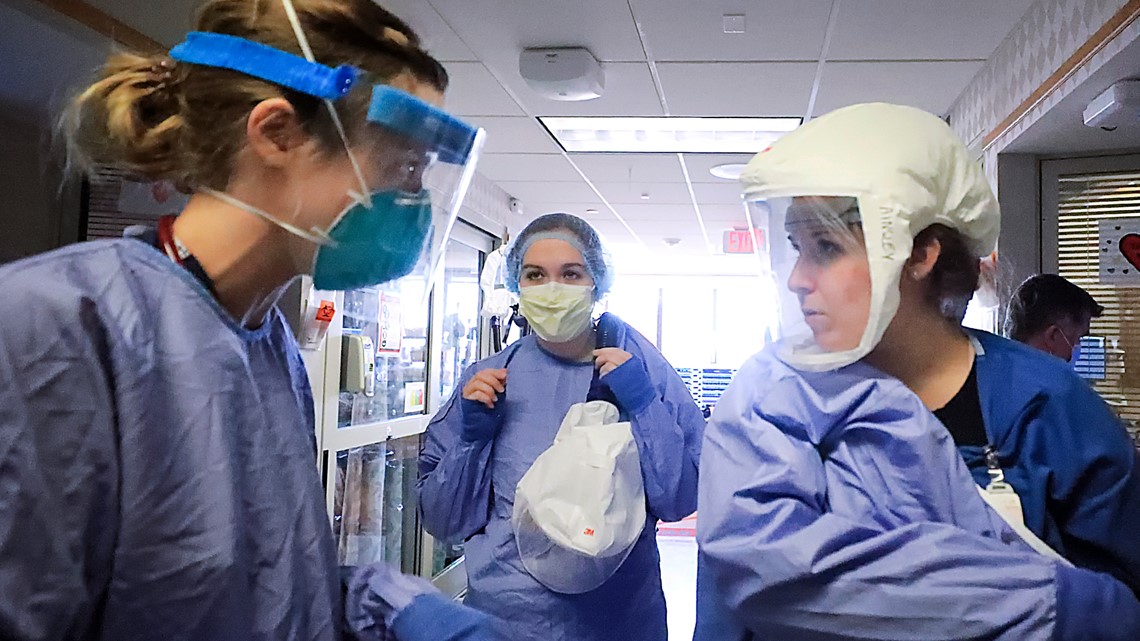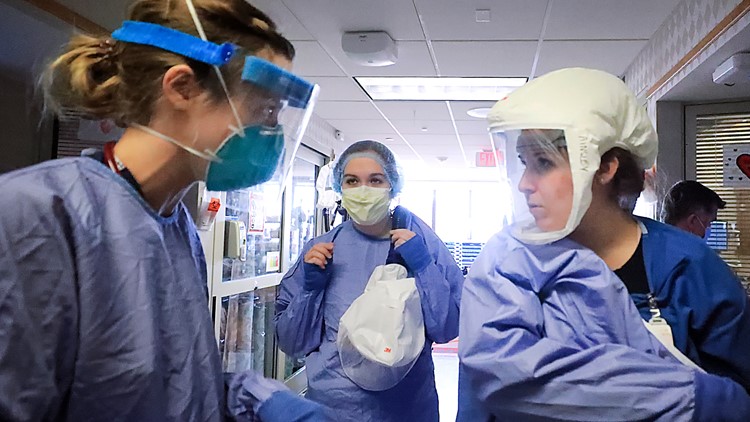A study of U.S blood donations has found the presence of COVID-19 antibodies from as early as December 2019, suggesting the new coronavirus was spreading around the world weeks before the first cases were reported in China.
The government study, published Monday in the journal Clinical Infectious Diseases, analyzed blood donations from the American Red Cross from Dec. 13, 2019 to Jan. 17, 2020. Researchers found 106 of the 7,389 samples collected contained antibodies that suggested a person had a previous COVID-19 infection.
"The findings of this report suggest that SARS-CoV-2 infections may have been present in the U.S. in December 2019, earlier than previously recognized," the study from researchers at the CDC stated.
COVID-19 was first identified in Wuhan, China, in December 2019, but it wasn't until Jan. 20, 2020 that the U.S. confirmed its first case.
The blood donations, collected from donors in nine states, including California, Connecticut, Iowa, Massachusetts, Michigan, Oregon, Rhode Island, Washington and Wisconsin, were analyzed at the U.S. Centers for Disease Control and Prevention in Atlanta.
There has been other previous evidence showing the coronavirus may have infected people outside of China before 2020. Earlier this year, France determined a patient hospitalized with flu-like symptoms in late Dec. 2019 wound up having had COVID-19.
More than 13.5 million people in the U.S. have been diagnosed with COVID-19, according to Johns Hopkins University. More than 268,000 people have died.
For most people, the new coronavirus causes mild or moderate symptoms, such as fever and cough that clear up in two to three weeks. For some — especially older adults and people with existing health problems — it can cause more severe illness, including pneumonia, and death.




